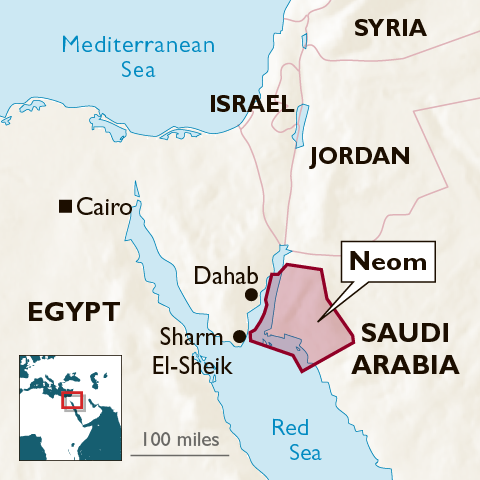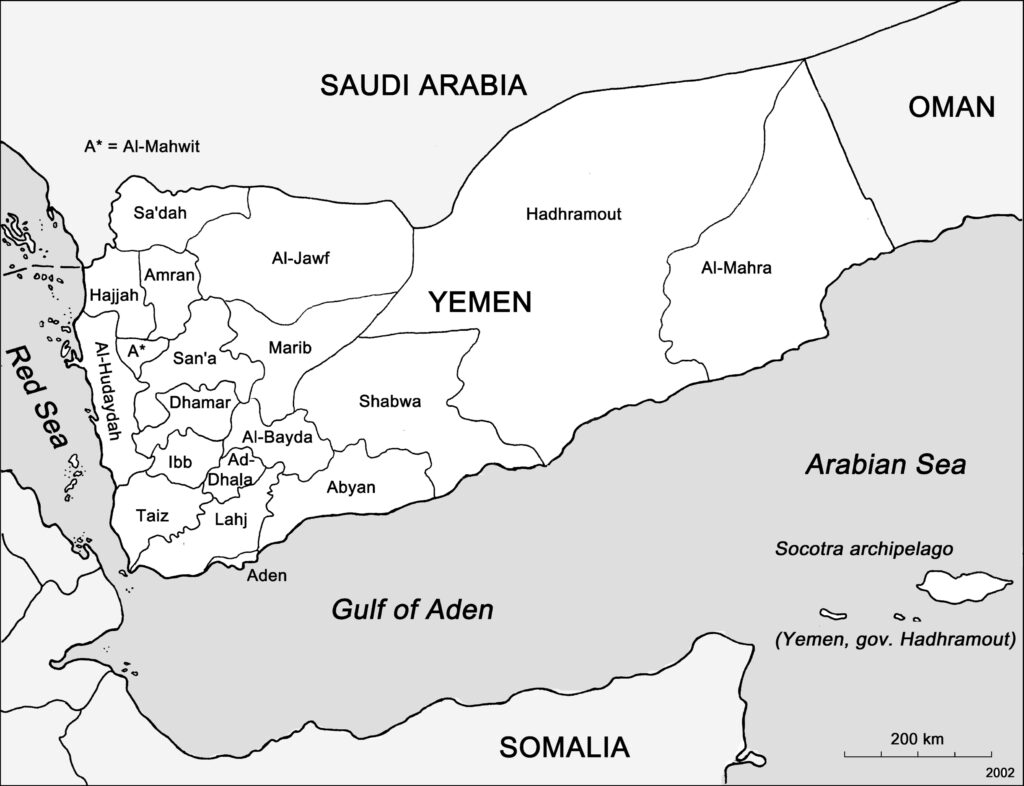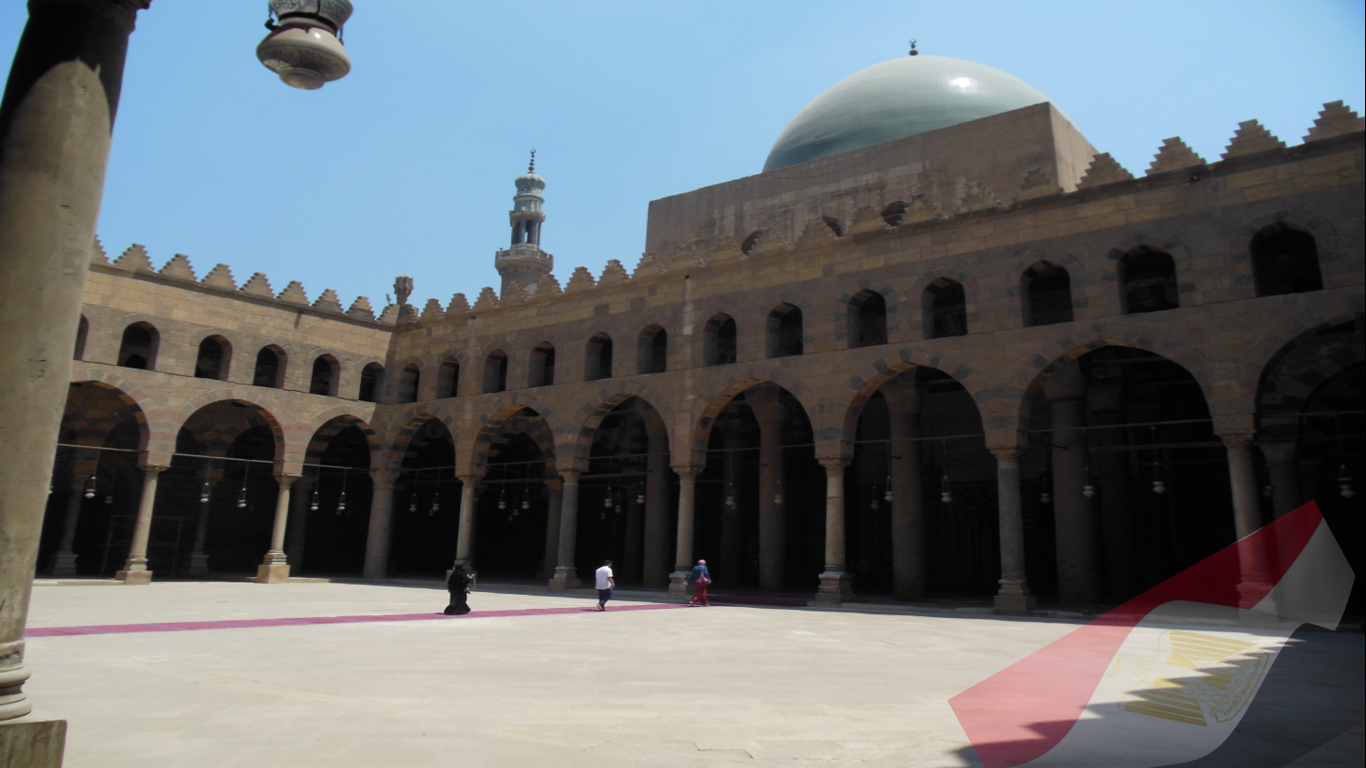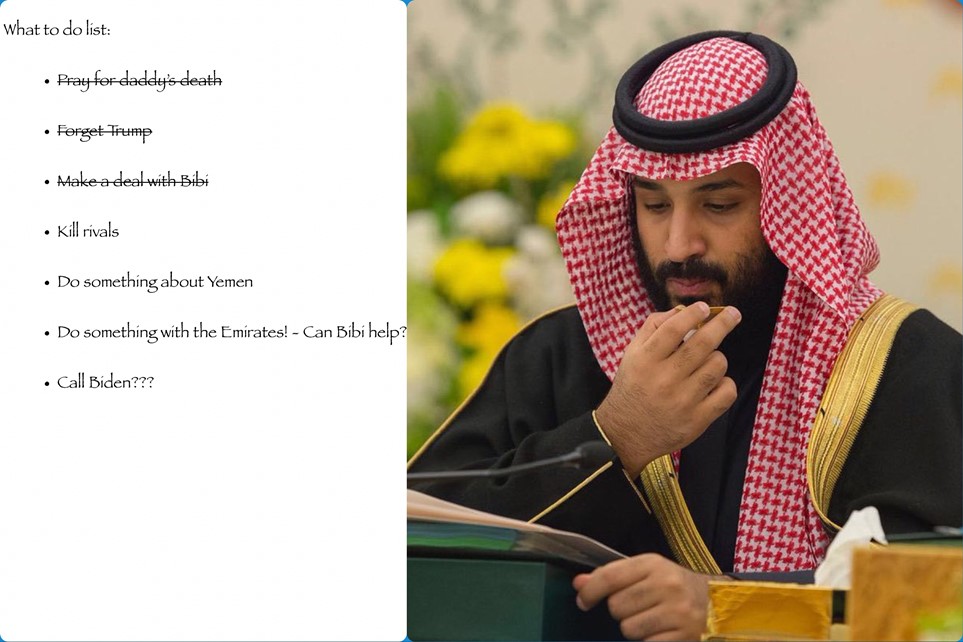The last week was full of turns in the Middle East. But very few of them were surprising given the trends of the last few months, especially after it became almost certain that Trump leaves offices.
Most of them converged on two interlinked matters. The first is about the claims that Trump might start a war with Iran before he leaves office, so to impress his favorite sponsors one last time, and to put Biden into an impossible situation. At least into a state that would render Washington absolutely incapable to retract of Trump’s decision to sabotage the JCPOA with Iran.
The second is a cluster of news all around Saudi Arabia, indicating that there is great anxiety in Riyadh about the possibility of Biden’s takeover. Saudi Arabia, and especially Crown Prince Ibn Salmān with his entourage was a very enthusiastic supporter of Trump. For major weapons deals and relentless support for Trump’s Middle East policies during the last four years, Washington conducted a thought policy on Iran, including the assassination of General Qāsem Soleymānī, and turned a blind eye on all of Ibn Salmān’s scandals. The imprisonment of the leading members of the Saudi Royal Court, brutal war on Yemen, and at the top of all the bloody assassination of journalist Hāšoqğī in 2018. About which Trump himself claimed that he “saved his a***”.
Therefore it is only understandable that now the Saudi Crown Prince is very worried. There are already indications that Biden – or more likely those around him – will not be so kind with him, and the developments in Yemen also prompt quick action. So this week he was very busy to brace himself for January when Biden takes office.
How did he do that? And how is all that connected to the war drums against Iran? Which this Friday reached a bloody provocation killing one of the top Iranian scientists. This week we focus on these questions.
Let’s talk with Bibi!
Ever since the normalization process started, when the Emirates made a pact with Israel there were questions about Riyadh’s standing on the matter. Since then Abū Zabī managed to recruit Bahrain and force Sudan to its fold and likely got close to lure Morocco into a deal as well. None of these, however, with the possible exception of the deal with Morocco, meant any dramatic change in the overall equation. Yes, it is the beginning of a new era when Israel is not a silent partner anymore to some Gulf partners, but an active and acknowledged player in the regional disputes. But the lightly denied relations between most Gulf states and Israel were all well known, such as their political stand viewing Iran and Turkey a much worse threat than Israel. Given the long history of Sudan standing by the common Arab themes it was a major development that Khartoum made a pact with Tel Aviv, but knowing the pressure the Americans used, the influence the Emirates and Saudi Arabia have on the Sudanese leadership, and the sad state in which Sudan is this was hardly surprising by now. And overall this changes relatively little, especially that Khartoum still does its best not to engage with Israel in any common project.
But a possible deal with Saudi Arabia is very different indeed. Not because it would have changed much on the regional fronts, as it is well known that Riyadh and Tel Aviv have exactly the same friends, enemies, and interests and there are tacit cooperations between them as well. But Saudi Arabia with all its questionable reputation even in the Arab and Islamic world is still the home of the two most sacred places for Islam, Mecca, and Medina. Thus if the custodian of these holy sites recognizes Israel, or even makes a pact with it takes away much of the legal and moral arguments most Muslim countries had against Israel and Palestine. Such a step would mean a major realignment in the Muslim world and would consequently put those states under pressure, which still hold on to their position to support Palestine and to reject the aggressive expansionist Israeli policies. Knowing this significance all previous Saudi leaderships rejected any such open policies, regardless of their tacit cooperation with Tel Aviv.
Ibn Salmān, however, is of a very different kind and of a very different generation. He is a member of the new, Western-influenced technocratic generation, much like Bahraini Crown Prince Salmān ibn Ḥamad, or Abū Zabī’s Crown Prince – the de facto ruler of the Emirates at this point – Muḥammad ibn Zāyid, who are all much more interested in securing their own grip on power than themes of the old generation, like Palestine. And if the way for their ascension and regional influence goes through a pact with Israel they are more than willing to accept this. For the Emirates that seems to be a successful policy, at least for the time being, and the same can be said about Bahrain. But so far Ibn Salmān was much less successful. To prove himself as a thought and resolute new leader he launched the war on Yemen when he was even just a Deputy Crown Prince. He did this against the better judgment of the senior members of the royal house, and indeed the project resulted in a major catastrophe.
This led Ibn Salmān to run a series of arrest campaigns sidelining most senior members of the Saudi House, including practically all potential rivals. And his position is still far from being secured. Reports suggest that he is still very concerned that he might be replaced if Washington puts his father under pressure, which can be the prelude of a major realignment by the Americans closing the war in Yemen, and securing a more rational and predictable candidate on the Saudi throne. That is why Ibn Salmān does his best to brace himself now and gather support, as much as he still can until January.
The first major indication of this path came on 23 November, when State Secretary Pompeo concluding his last Middle East trip arrived in the Saudi city of Nayūm. The Israeli media started to circle that none other accompanied Pompeo than Israeli Prime Minister Benjamin Netanyahu, and the purpose was a direct negotiation between Bibi and Ibn Salmān. It must be pointed out that Saudi Foreign Minister Fayṣal ibn Farḥān strongly denied such suggestions and indeed it could have been an Israeli media attempt to pressure Saudi Arabia or to put the Saudi leadership into a difficult position. But there are several details contradicting this possibility.
The city of Nayūm, based of the Greek word Neo, meaning new, is not a well-known place around the world. It is indeed hardly a city yet, as it was only started in 2017 as a pilot project for a modern technology-based city, much like the cities of the Gulf states. It is a love child of the Saudi Crown Prince himself, which had the specific aim to be a cross-border city between Egypt, Jordan, and close to Israel as well, right at the Saudi side of the Straits of Tiran. As of 2020, the city is only partially ready, as it is scheduled to be fully inaugurated in 2025. Thus it is more like a construction site than a real city, but it is nonetheless a secluded place and total home ground for Ibn Salmān. Far from the watchful eyes not only abroad but also within Saudi Arabia itself. And in his last trip, Pompeo was surely not paying a courtesy visit but trying to settle as many matters in his last days as he can. Therefore a logical destination would have been Riyadh or one of the palace resorts of the Saudi Prince. And that is exactly why this would have been an ideal place for Netanyahu and Ibn Salmān to finally break the ice and meet personally on Saudi soil.

Also, while it would not be surprising from the Israeli state media to run a propaganda campaign glorifying Netanyahu, who faces serious problems internally as well, but recently all such claims about normalization turned out to be correct. We saw exactly the same scenario with the Emirates, Bahrain, and Sudan. So even if this is only a media hoax it is very credible now.
That leaves the question: why would he do it? In fact, Muḥammad ibn Salmān has plenty of reasons to hasten a deal with Israel. Ever since his arrival to power and practically taking over the country he – mostly unsuccessfully – tried to pose as a modern and reform-minded ruler who will change the overly traditional country. All these attempts, however, have so far met with great resistance internally and fell short after such scandals as the Hašoqğī assassination in Istanbul. Would he make a deal with Israel, he could secure a historic change for the Israeli-Muslim relations, and could write his name in the history books as a positive figure. Now, however, he has much more direct objectives. Knowing the influence the Israeli lobby groups have in America he might be able to convince Netanyahu and through him the new American administration that he still is the best candidate for the Saudi throne after his aging father. Because he could be the one, who upon taking the throne would make a deal with Israel and bring “peace” to the region. And that could eliminate the possibly biggest security threat to his inheritance, the American support for a more rational candidate, who is less likely to run Saudi Arabia into chaos.
As he is paranoid about a possible American supported coup against him, especially in this sensitive time of changing American administration he might just need to gain time. Because his father already almost 85 years old is rumored to be in very precarious health and his death might not be far. His loss of power recently showed in a big scandal, rumored to be blown by his son Crown Prince Muḥammad ibn Salmān himself in an attempt to discredit him and demonstrate how weak he is. The G 20 summit of 2020 was scheduled to be held in Saudi Arabia after the previous one in 2019 was in Japan. However, due to the pandemic, this year’s conference was held virtually. In a leaked video, just before his speech, King Salmān talks to someone not shown in the video, most likely his son Muḥammad ibn Salmān, who debriefs him about the summit. The king seems to be lost, and when it is mentioned that this was held in Japan last year he asked: “Did we go to Japan?” This came only a few days before the alleged visit of Netanyahu to Nayūm.
A relentless rivalry
On the road to power Muḥammad ibn Salmān had an impressive, but the very troubled route, which so far seems to successful. First, he sidelined the first Crown Prince, Muqrin after King Salmān took the throne in 2015. Thus he became the Deputy Crown Prince, and Minister of Defence. To show the power he started the war on Yemen, which was a major failure, but he managed to turn it into his success nonetheless, as he silenced critics in a major anti-corruption purge, and got rid of all his rivals. As a reward, he became the Crown Prince in 2017 sidelining his much more capable predecessor Muḥammad ibn Nāyif. With a practical coup he took over the state and for the first time since the ‘90s, there was no Deputy Crown Prince appointed. Making Muḥammad ibn Salmān the only possible successor to his father.
This rapid progress and the purges caused resistance and a number of assassination and coup attempts were rumored during the years. Most famous of them is the still-mysterious death of King Salmān’s personal bodyguard Major-General ‘Abd al-‘Azīz al-Faġam in September 2019, who allegedly tried to kill the Crown Prince in a palace coup and was killed by American mercenary bodyguards. Since then the purges did not stop and in March 2020 the leading princes Muḥammad ibn Nāyif and Aḥmad ibn ‘Abd al-‘Azīz were arrested and put to house arrest. Saudi authorities lightly denied the reports at that time, but the two senior princes were never seen in public after that and many sources have confirmed since then that they indeed have been arrested.
Also this week it was reported that the two princes, the two main rivals for the Crown Prince have been moved to a secluded location in the desert and might get executed if Muḥammad ibn Salmān orders it. Given that many such incidents have happened before that is probable. This way the Crown Prince could secure himself from a coup attempt by removing the most likely candidates for his replacement. And if feels himself threatened by the Biden administration, to which there are already indications, he will no doubt take drastic measures not to let any possible substitute alive for an American supported change. The ruthless nature of Muḥammad ibn Salmān even paralyzed the army fighting in Yemen, when in September he replaced and arrested Commander of the Yemeni operations General Fahd ibn Turkī and his son. And the reason was that Fahd ibn Turkī, another capable Saudi prince was critical about the way Muḥammad ibn Salmān handled the Yemeni matter and the Emirati steps there.
It is hard to know how far the Crown Prince would go to secure his post, but the desperation shows, as the two events, the recent deportation of the two main rivals and the meeting with Netanyahu came at the same time. As he alienates even more leading members in the Saudi royal family and in the army he needs to show strength, as his first major project, the war on Yemen closes on to total failure.
The Yemeni nightmare
We discussed it many times that when in 2015 the war in Yemen started as a personal quest for Ibn Salmān to show strength he rallied a number of Arab states and dreamed of taking over Yemen in weeks. As this did not happen and the first setbacks showed such allies as Morocco, Jordan and Egypt left the scene. Then the crisis with major Gulf ally Qatar erupted and Riyadh practically stayed alone with the Emirates. They could only count on the Emirati support, some locally recruited allies of the puppet government of President Hādī endorsed by Riyadh and some Sudanese troops. By late 2018 the deadlock was clear and the Emirates started to depart from the main project starting to support the Southern Transitional Council aiming to carve out a separate state in the south of Yemen. With this, the Saudis practically stayed alone and in September 2019 the first catastrophe came, as the al-Ḥūtī government in Sana’a managed to hit back to the Aramco facilities deep within the kingdom.
The shock was absolute and even though Riyadh blamed Iran for giving aid to the Yemenis, it could never prove such claims and the situation on the ground was becoming very desperate. In March 2020 the province of al-Ğawf fell to the forces of Sana’a, thus the main line of support for the Saudi forces within Yemen has been cut. Sana’a at that time openly claimed that the next target is Ma’rib, which at that time still seemed like a distant possibility. Yet last week the biggest Saudi base around the city, the Mās Base fell to the Yemeni forces and Ma’rib came to the brink of liberation. The Saudi forces started to retreat in panic and by now the city’s fall is only a matter of time. When that happens the government in Sana’a practically will have liberated all that was once North Yemen and firmly secures itself all along the border with Saudi Arabia. Meaning it can finally bring the war onto Saudi soil if the war does not stop.

Even more, worrying for Riyadh is that by now the Emirates openly supports the Southern Transitional Council, which cares little for Sana’a, but wages a practical war of President Hādī’s forces. The tension is so high that several reports suggested the outbreak of a serious conflict between Riyadh and Abū Zabī about this matter because the Saudis have to take drastic measures against the Emirates if they want to salvage some of their possessions in Yemen. Given the close friendship between the two Crown Princes and the fact that the Abū Zabī is the strongest ally of the Saudi Crown Prince even against his own internal enemies such a step cannot happen unless Muḥammad ibn Salmān is removed. Thus the matters of rivalry and the war in Yemen became intertwined completely.
The crisis is growing even more. After the first areal campaign by the al-Ḥūtīs in 2019 against Aramco, the Saudis spent huge assets on yet, even more, air defense and vowed that they managed to secure themselves from other possible attacks. Yet on 23 November, on the very day they arrived to the liberation of Ma’rib, the al-Ḥūtīs announced that they managed to bomb the oil facilities in Ğidda once again with their newest Quds-2 cruise missiles, which were completely undetected by the Saudi air defense. How desperate is the situation really shows as, now the forces of Hādī being chased away from the south not only put down their weapons, but they join the forces in Sana’a in big numbers? That is the clear indication that the war in Yemen came to an end. There is nothing to be done. But if there cannot be a face-saving peace deal, which Sana’a is not offered to, nor does it offer itself, only total defeat and a shameful retreat can follow. Which would undoubtedly undermine Muḥammad ibn Salmān. Right at a time when he needs to show results.
That is exactly where a meeting with Netanyahu becomes very probable. Because in exchange for recognition and turning the Islamic public opinion about Israel, removing one of the strongest moral arguments against Tel Aviv Ibn Salmān can ask for a number of things all securing him. He can ask Netanyahu to influence Biden and prevent any attempt to remove him. The Crown Prince can also ask Tel Aviv to influence the Emirates and in a mediation prevent a confrontation. The thought seems unlikely, as Israel has already big projects running with the Emirates in Yemen, in which Saudi has no place.
Is that about Iran?
Lastly, Ibn Salmān can ask for direct military support in Yemen, which might not be enough to turn the tide, but can give enough time to prolong the war with some results until the Crown Prince takes over. And that is not unimaginable, as the attack on the al-Ḥūtīs being supported by Iran can provide a chance for Netanyahu to mask himself strongly against Tehran, and secure positions on the way to his new allies in Sudan.
This fits the pattern of Netanyahu’s recent steps trying to provoke Iran into a war before Trump leaves office. That is why recently a media campaign was started that Trump might start a war before he leaves. Or just bombs Iranian nuclear facilities, which could provoke a war. That is why recently the bombardments against Syria was increased, even putting known Israeli analysts into use claiming that in the Ğūlān Israel is bombing Ḥizb Allah facilities, and all-around Syria Iranian bases.
And recently Israel assassinated Iranian nuclear scientist Moḥsen Fahrīzade close to Tehran, which is a clear attempt to provoke Iran into a war. A war, which could also play into Muḥammad ibn Salmān’s hands, because as long as there is a war in such a magnitude, even if limited, the Americans need stability in all the Gulf ally states. Thus they would not have time to plane Ibn Salmān’s replacement. And for him, time is very precarious now.


